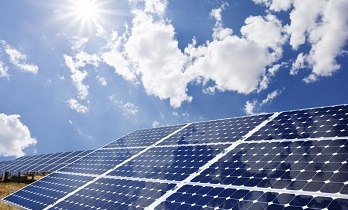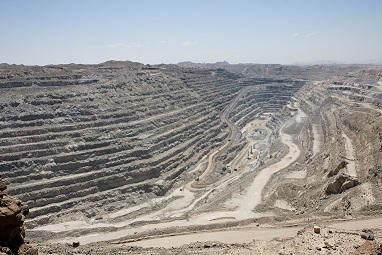
Local urban solar electricity project gets boost from AfDB-funding

A solar electricity project that is set to power some 50,000 households in Windhoek, got the thumbs-up as the African Development Bank’s Urban and Municipal Development Fund approved a grant of US$485,000.
According to a statement from the financier, the “Informal Settlement Renewable Electrification and Upgrading Programme” will directly benefit around 200,000 people in Windhoek.
The UMDF helps governments to invest in sustainable urban development for more climate resilience in livable and productive cities, underpinning national socio-economic development and poverty reduction.
In Windhoek, one consequence of rapid and uncontrolled urbanization is the rise in informal settlements, characterized by non-electrified neighbourhoods and underdeveloped economic activity, severely hindering the quality of life for residents.
The Municipal Council of Windhoek requested the Fund’s support to upgrade services in its squatter camps, a key priority under the city’s Strategic Plan. Installing electricity in informal settlements is considered a crucial investment to unlock the economic potential of these areas and substantially improve the living condition of the residents.
The project is expected to take off this year with the preparation of feasibility and tender documents covering its three main components: The installation of 60MW Solar PV and batteries; the development of an overall structural plan for the rehabilitation of the informal settlements, which must involve a participatory process to identify and prioritize investment opportunities unlocked by electrification. These can include water, roads, transport, green areas, market opportunities and institutional support to the municipality. It will also involve reviewing existing rules and regulations and legal support to accelerate its green plans and electrification goals.
The impact is expected to be enormous: the availability of electricity will not only support the development of household activities but also small and medium size enterprises, as seen in adjacent areas that have already received electricity. Solar energy will also contribute to mitigate harmful emissions of firewood and kerosene, reducing deforestation, and improving air quality.
“The project is strongly aligned with the African Development Bank’s top five priorities, in particular, to Light up and Power Africa, Improve the quality of Life for the people and Industrialize the continent,” said Mike Salawou, director of the Infrastructure and Urban Development Department.
With this new project, the African Development Bank’s Urban and Municipal Development Fund is expanding its support to southern African countries and diversifying the range of supported sectors. Electrification will now be included in its portfolio of more than 20 urban development projects.











































